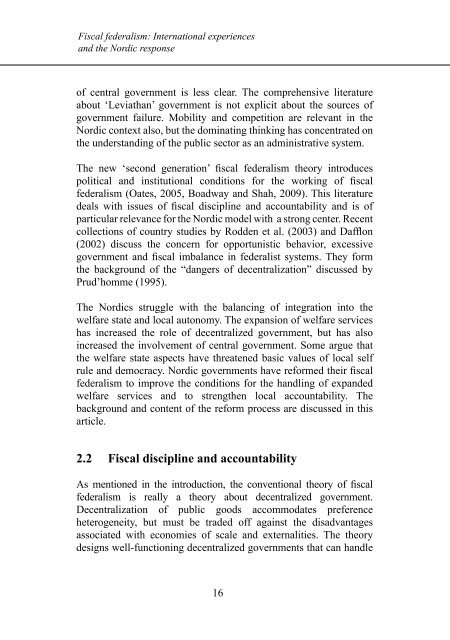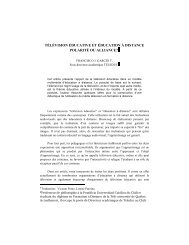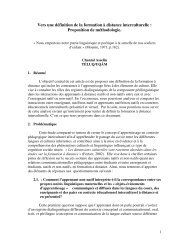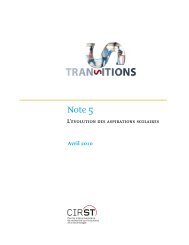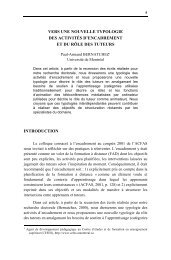61 Rethinking local government: Essays on municipal reform - VATT
61 Rethinking local government: Essays on municipal reform - VATT
61 Rethinking local government: Essays on municipal reform - VATT
You also want an ePaper? Increase the reach of your titles
YUMPU automatically turns print PDFs into web optimized ePapers that Google loves.
Fiscal federalism: Internati<strong>on</strong>al experiencesand the Nordic resp<strong>on</strong>seof central <str<strong>on</strong>g>government</str<strong>on</strong>g> is less clear. The comprehensive literatureabout ‘Leviathan’ <str<strong>on</strong>g>government</str<strong>on</strong>g> is not explicit about the sources of<str<strong>on</strong>g>government</str<strong>on</strong>g> failure. Mobility and competiti<strong>on</strong> are relevant in theNordic c<strong>on</strong>text also, but the dominating thinking has c<strong>on</strong>centrated <strong>on</strong>the understanding of the public sector as an administrative system.The new ‘sec<strong>on</strong>d generati<strong>on</strong>’ fiscal federalism theory introducespolitical and instituti<strong>on</strong>al c<strong>on</strong>diti<strong>on</strong>s for the working of fiscalfederalism (Oates, 2005, Boadway and Shah, 2009). This literaturedeals with issues of fiscal discipline and accountability and is ofparticular relevance for the Nordic model with a str<strong>on</strong>g center. Recentcollecti<strong>on</strong>s of country studies by Rodden et al. (2003) and Daffl<strong>on</strong>(2002) discuss the c<strong>on</strong>cern for opportunistic behavior, excessive<str<strong>on</strong>g>government</str<strong>on</strong>g> and fiscal imbalance in federalist systems. They formthe background of the “dangers of decentralizati<strong>on</strong>” discussed byPrud’homme (1995).The Nordics struggle with the balancing of integrati<strong>on</strong> into thewelfare state and <str<strong>on</strong>g>local</str<strong>on</strong>g> aut<strong>on</strong>omy. The expansi<strong>on</strong> of welfare serviceshas increased the role of decentralized <str<strong>on</strong>g>government</str<strong>on</strong>g>, but has alsoincreased the involvement of central <str<strong>on</strong>g>government</str<strong>on</strong>g>. Some argue thatthe welfare state aspects have threatened basic values of <str<strong>on</strong>g>local</str<strong>on</strong>g> selfrule and democracy. Nordic <str<strong>on</strong>g>government</str<strong>on</strong>g>s have <strong>reform</strong>ed their fiscalfederalism to improve the c<strong>on</strong>diti<strong>on</strong>s for the handling of expandedwelfare services and to strengthen <str<strong>on</strong>g>local</str<strong>on</strong>g> accountability. Thebackground and c<strong>on</strong>tent of the <strong>reform</strong> process are discussed in thisarticle.2.2 Fiscal discipline and accountabilityAs menti<strong>on</strong>ed in the introducti<strong>on</strong>, the c<strong>on</strong>venti<strong>on</strong>al theory of fiscalfederalism is really a theory about decentralized <str<strong>on</strong>g>government</str<strong>on</strong>g>.Decentralizati<strong>on</strong> of public goods accommodates preferenceheterogeneity, but must be traded off against the disadvantagesassociated with ec<strong>on</strong>omies of scale and externalities. The theorydesigns well-functi<strong>on</strong>ing decentralized <str<strong>on</strong>g>government</str<strong>on</strong>g>s that can handle16


